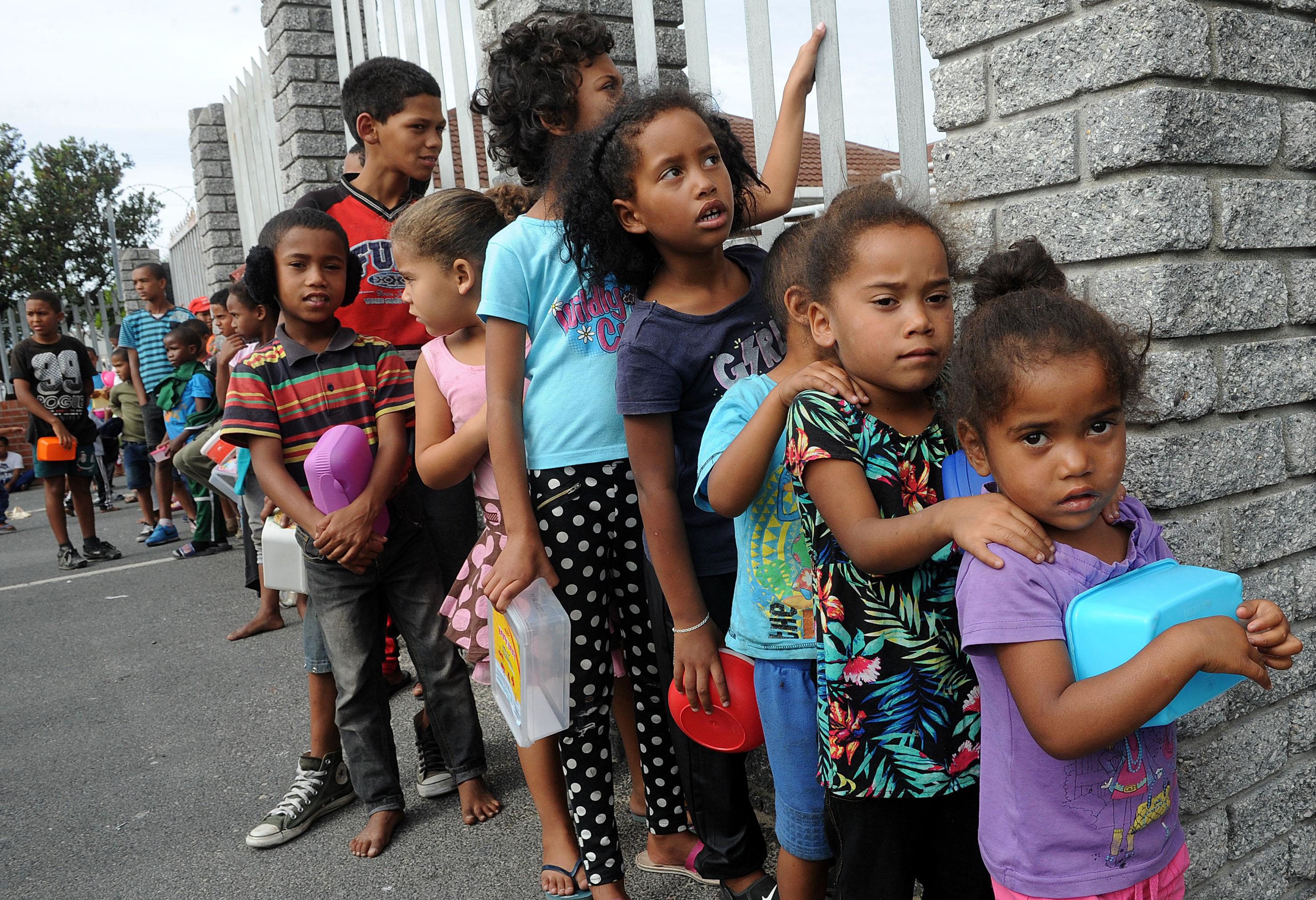April 23, 2020
On Tuesday, the head of the UN's food relief agency warned that the coronavirus pandemic could produce "famines of biblical proportions," as 265 million people across 30 countries face starvation.
And yet, the world right now has an historic abundance of food. How is this possible?
Even before the arrival of COVID-19, historic locust swarms had left tens of millions in East Africa without enough food. And some 85 million people across 46 countries already needed emergency food aid in 2019.
But the coronavirus pandemic, and governments' responses to it, have made matters drastically worse in ways that hurt the neediest countries the most.
First, quarantines, social distancing, and travel restrictions have, in many places, cut the number of people able to work in the fields and farms that are the first link in global food supply chains. The associated economic slowdowns have also put hundreds of millions of people in lower income countries on the brink of poverty, diminishing their ability to afford food.
Second, protectionism is making food more expensive. More than a dozen countries have restricted exports of food for fear that they themselves might run out of it. Leading grain exporters like Russia and Vietnam have already imposed quotas. Others are considering similar measures. Export restrictions send prices higher. When importing countries buy and stockpile more than they need, prices rise further.
Even where food is available, millions of people will soon find themselves unable to afford it.
This is another example of how globalized economic interdependence works well in normal times but can create havoc when crises persuade countries to close their borders.
But hunger isn't just a threat for low-income countries…
Consider these four statistics from the United States, where lines at food banks in large cities are now growing longer.
- In the US, one of the world's biggest food exporters, almost 12% of households were "food-insecure" and 6.5 million children didn't have enough to eat even before COVID-19 arrived.
- A report by the US Federal Reserve published in May 2019, a time of strong US economic numbers, found that 27 percent of Americans polled would need to borrow or sell something just to meet an unexpected expense of $400, and 12 percent would have no ability to pay.
- Thanks to coronavirus-related lockdowns, more than 26 million Americans have filed for unemployment in the past five weeks.
- Some 43% of US adults say that they or someone in their household has lost a job or taken a pay cut as a result of the quarantines.
From Your Site Articles
More For You
Most Popular
- YouTube
In this Quick Take, Ian Bremmer reacts to President Trump’s State of the Union address, calling it “a rehashing of the greatest hits” with little new policy direction.
Small business hiring surged 7% above the 2024 average in December, led by a surprise rally in retail. But with uncertainty still historically high and mounting concerns over tariffs, can this momentum survive 2026? Explore the data behind the resilience of the US small business sector. Get the latest economic insights from Bank of America Institute.
© 2025 GZERO Media. All Rights Reserved | A Eurasia Group media company.
